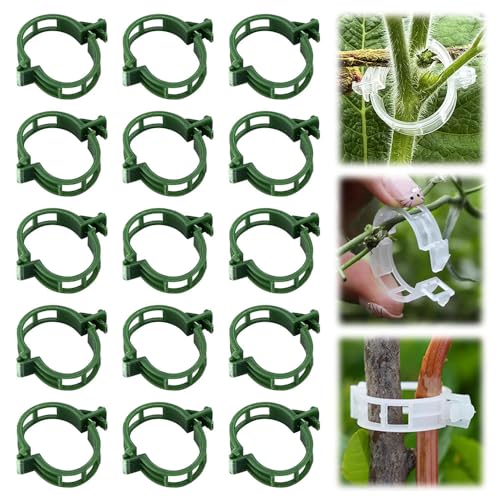How to plant a carrot
How to plant a carrot- Growing carrots is like crafting words. They thrive best in deep, well-prepared sandy soil, especially if it’s well-fertilized from the previous crop. Using fresh manure can make them split and grow too much on top. Instead, use a good mix of fertilizers about a week before planting.
Plant early carrots thinly in rows 6mm (.25in) deep and 23cm (9in) apart from November in warm places or under covers in January or February as soon as the soil is ready. Adjust the number of seedlings as needed, using the young roots as they become ready to use.

For outdoor planting, start in early March or when the ground is dry enough. Plant short and stump-rooted types every three weeks until mid-June to have a continuous supply of young carrots in the summer. Make rows for the main crop 12mm (0.5in) deep and 3040cm (12-15in) apart. If there’s a problem with carrot flies, wait to plant the main crop for storing until late May or June.

Then the main crop to 5cm (2in) when the seedlings are big enough to handle, and finally, thin to 16cm (6in). To protect against carrot fly, pull soil toward the rows after thinning, and add pathogenic nematodes. Lift them in October for winter storage.
Lift the roots carefully with a fork and cut the tops to 12mm (0.5in) above the root. Store them in layers of dry sand or ash in a cool shed. If you have a lot, use the clamp method, like with potatoes. The storage place shouldn’t be damp, or they’ll get soft rot. If you have cloches or frames, plant a stump-rooted variety in August outside and put the cloches in place in October to harvest in November and December.
Keep the plot free from weeds and the soil surface crumbly by hoeing throughout the season. Water carefully to avoid the roots cracking, especially if a dry period is followed by heavy rain. This helps prevent slugs and millipedes from getting into the roots and causing serious damage. With good crop rotation and care, there shouldn’t be much trouble with pests or diseases.
- World of root crops and Growing carrots 2024
- Harvesting Vegetables: When and How for Beginners 2024
- Revitalize Your Lawn: The Ultimate Guide to a Greener 2024
- Desert Gardening: Essential Tools for Success 2024
- Midwest Summer Perennials-Blossom Your Garden 2024
#plant #carrot #Backyard #Gardener
Discover more from Gardening with Ecorganicas-Source for Organic Gardening Tips
Subscribe to get the latest posts sent to your email.





